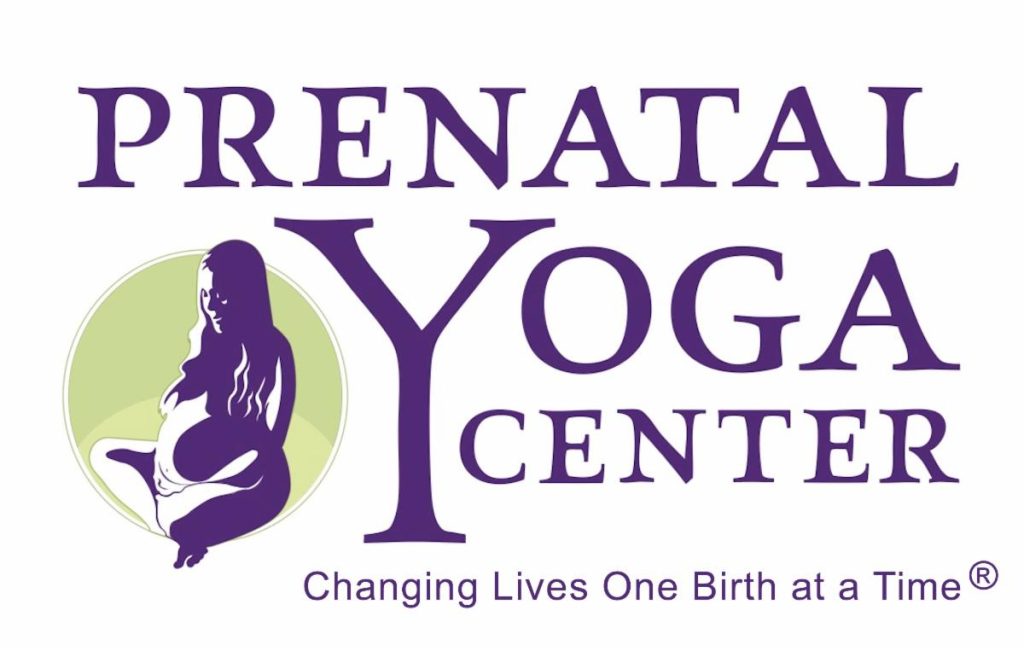Our unique prenatal yoga classes go beyond simply modifying yoga poses. We celebrate community, incorporate childbirth education, and strive to make your pregnancy as comfortable as possible by addressing any aches or pains in your body.
The benefits of prenatal yoga
Each class includes poses that bring balance and alignment to the pelvis, pelvic floor and pelvic & uterine ligaments. This may encourage your baby into a more optimal birthing position so you may have a more efficient, and less complicated birth.
Yoga asana is also used to discover coping skills. Students explore poses that allow for safe, strong sensation. This offers you the chance to learn what coping skills you may gravitate toward, as well as how to use them when you are experiencing physical and mental discomfort (like in labor and early parenthood). This mindful exploration of yoga poses will leave you feeling more prepared for whatever lies ahead in your pregnancy, birth, and beyond.
The final component to PYC prenatal classes is how seamlessly childbirth education is integrated. This empowers students to continuously learn about pregnancy, the birth process and early parenthood in a very digestible, non-intimidating way.
What happens in our prenatal yoga classes?
We start each class with circle time. This is where the students introduce themselves and share what week they are and what aches, pains or issues they would like to address during class that day. This allows each class to be tailored specifically to the student’s unique needs that day. We then move into a restorative pose and introduce some relaxation techniques and connection to baby. After that we shift into the more active part of class and start to move through yoga poses, integrating the relaxation techniques introduced in the beginning of class during the opening relaxation. Classes at Prenatal Yoga Center are taught in a “vinyasa” style, meaning we flow our poses together, connecting breath and movement
Each class ends with a focus on pelvic floor balancing and the transverse abdominal, which is very helpful to stabilize the spine as well as help with the pushing stage of labor. It also helps with working on breath and the pelvic floor.
If you would like to book a class, please click the button below to view our schedule!
Frequently Asked Questions
How is prenatal yoga different from other yoga?
Prenatal yoga is specifically designed to support the pregnant body and understands the anatomical and physiological changes of pregnancy. What’s more, this type of yoga is best for pregnancy since it better prepares your body for birth and labor. It is also recommended to find a prenatal yoga class that addresses the common aches and pains of pregnancy and will focus on balancing the pelvis, pelvic floor and uterine/pelvic ligaments to help with a smoother delivery.
Does yoga help with giving birth?
Yes! Yoga can be very helpful in preparing your mind and body for birth. The asanas, (yoga poses) sometimes offer strong, safe sensations that create the opportunity to learn and practice relaxation techniques and coping skills. The poses also help release tight muscles that may inhibit a smoother delivery and strengthen others that may help alignment and pelvic floor health. Classes also include learning how to use your Transverse Abdominal muscles which can help if you are having a vaginal birth.
Also, at Prenatal Yoga Center, we interweave Childbirth Education into all our prenatal yoga classes so that participants can learn about the process of birth and their birthing options.
When is the best time to start doing prenatal yoga during pregnancy?
You can start whenever you are ready! Some people feel pretty fatigued during their first trimester, so they hold off. But if you want to unroll your mat and start prenatal yoga class, it is never too early to start to adapt your yoga practice and learn about your upcoming birth.
Can I go to a normal yoga class while pregnant?
Yes, you could. However, many yoga teachers who have not received additional training may not have the skills to adjust class for you. You will not receive specific instruction to help with pelvic floor health, prenatal core exercises and learn relaxation techniques focused on birth
I would also recommend that pregnant people avoid a heating, fast paced class that does not take into consideration the changes of the pregnant person’s anatomy and physiology.

